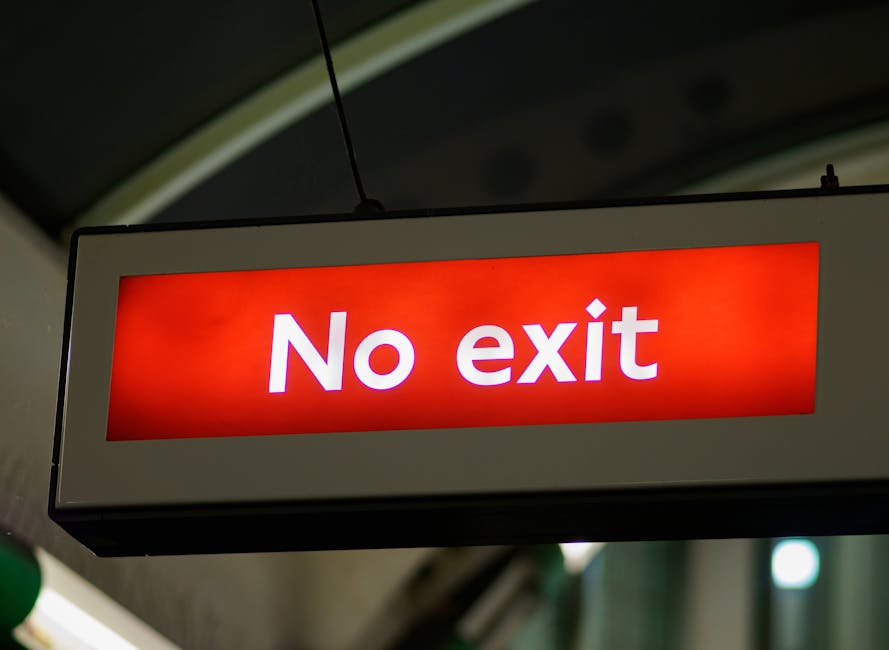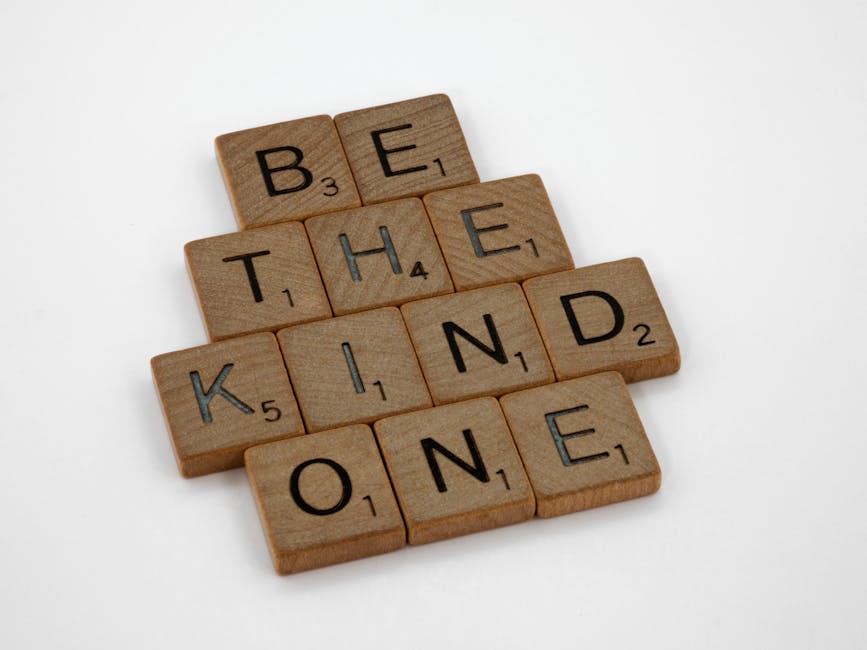The Ultimate Guide to Follow-Up Messages
Did you know that 80% of sales require five follow-up calls? But many people stop after just one. Follow-up messages are powerful tools, yet many overlook them. Proper follow-ups can make a huge difference in both personal and professional settings.
This guide will help you master follow-up messages. Well cover why they matter, when to send them, and how to craft the perfect note. Lets dive in!
Why Are Follow-Up Messages Important?

Follow-up messages show that you care. They keep the conversation alive and show your interest. Whether you’re chasing a job interview, a sale, or just trying to reconnect, a follow-up can make all the difference.
- Builds Relationships: A simple follow-up can strengthen connections.
- Shows Professionalism: It signals that you are committed and professional.
- Increases Chances of Success: More follow-ups often lead to better outcomes.
When Should You Send a Follow-Up Message?

Timing is everything! Here are some key moments when you should consider sending a follow-up:
- After a Meeting: Send a thank-you note within 24 hours.
- After a Job Interview: Follow up within a week to express your gratitude.
- Post Networking Events: Reach out within a few days to stay fresh in their mind.
- After a Sale or Inquiry: Check in to see how things are going.
Each situation has its own timeline. But being prompt shows you value the other person’s time.
What Should You Include in a Follow-Up Message?

A good follow-up message is clear and concise. Here are the must-haves:
- Subject Line: Make it clear and direct. Thank You! or Following Up on Our Conversation work well.
- Personal Touch: Mention something specific from your last conversation. This shows you were listening.
- Call to Action: End with a question or prompt to encourage a reply.
For example, if you met someone at a conference, your message could start with, It was great to talk about our shared interest in marketing strategies. This personal touch can spark a connection.
How Do You Craft the Perfect Follow-Up Message?

Crafting the perfect follow-up message involves a few key steps. Heres a simple guide:
- Start with Gratitude: Always thank the person for their time. Thank you for meeting with me! is a great opener.
- Be Brief: Keep it short. A couple of sentences will do. People appreciate brevity.
- Add Value: If you can, share a resource or insight relevant to the previous conversation.
- Encourage a Response: Ask a question or suggest a follow-up meeting.
Heres an example:
Hi [Name],
Thank you for taking the time to meet with me yesterday! I really enjoyed our discussion about digital marketing. If you have a moment, Id love to hear your thoughts on the article I shared. Are you free to chat next week?
What Tone Should You Use in Follow-Up Messages?
Choosing the right tone is key. It should match your relationship with the recipient. Here are some tips:
- Professional Tone: Use this for formal settings, like job interviews. Keep it polite and respectful.
- Casual Tone: If you know the person well, feel free to be more relaxed. A friendly tone can strengthen your bond.
- Align with Their Style: If they’re casual in their emails, you can mirror that style.
For example, if a colleague often uses emojis in their emails, it’s okay to include one in your follow-up!
What Are Common Mistakes to Avoid in Follow-Up Messages?
Even small mistakes can ruin a follow-up message. Here are some things to watch out for:
- Being Too Pushy: don’t demand a response. This can turn people off.
- Forgetting to Proofread: Typos and grammar errors can make you look unprofessional.
- Overloading with Information: Keep it simple. Too much info can overwhelm.
Remember, your goal is to encourage a reply, not to make the recipient feel pressured. So, keep it light!
How Can You Use Follow-Up Messages in Sales?
In sales, follow-up messages are crucial. They can push a lead toward a decision. Heres how to effectively use follow-ups in sales:
- Check-In: Send a follow-up after a pitch to see if they have questions.
- Send Additional Resources: If they expressed interest in a product, share a case study or testimonial.
- Set a Reminder: If your conversation hasn’t led to a decision, remind them gently.
For example: Hi [Name], I wanted to see if you had any questions about the proposal I sent over. I’m here to help!
How Can Follow-Up Messages Help in Job Searches?
Follow-ups are vital during a job search. They show enthusiasm and professionalism. Heres how to use them effectively:
- After Applying: A brief follow-up a week after applying can show your interest.
- After Interviews: Always send a thank-you message. It can set you apart from other candidates.
- After Rejections: If you didnt get the job, a polite follow-up can keep the door open for future opportunities.
For instance, your thank-you note could say, Thank you for the opportunity to interview for the Marketing Assistant role. I enjoyed our conversation and am excited about the possibility of joining your team.
What Should You Do If You don’t Receive a Response?
Not hearing back can be frustrating. Heres how to handle it:
- Give It Time: Wait a few days before following up again. People are busy!
- Stay Polite: Your second message should remain friendly. I just wanted to check in on my last email.
- Know When to Move On: If they don’t respond after a couple of attempts, it might be time to let it go.
Persistence is important, but so is respect for their time.
How Can You Make Follow-Up Messages More Effective?
Here are some final tips to enhance your follow-up messages:
- Use Templates: Create templates for different scenarios. They save time and ensure consistency.
- Keep Track: Use a spreadsheet or CRM to track your follow-up messages and responses.
- Personalize: Always tailor your message to the recipient to increase engagement.
By using these strategies, youll find follow-ups become easier and more effective.
Actionable Takeaways
Ready to take your follow-up game to the next level? Heres a quick recap:
- Send follow-ups promptly and keep them short.
- Include personal touches and a clear call to action.
- Be mindful of your tone and avoid common mistakes.
Follow-up messages can open doors, strengthen relationships, and drive results. don’t underestimate their power! Start using these strategies today and see the impact they can make in your personal and professional life.
For more insights on effective communication, check out this article on how to follow up after a job interview.
